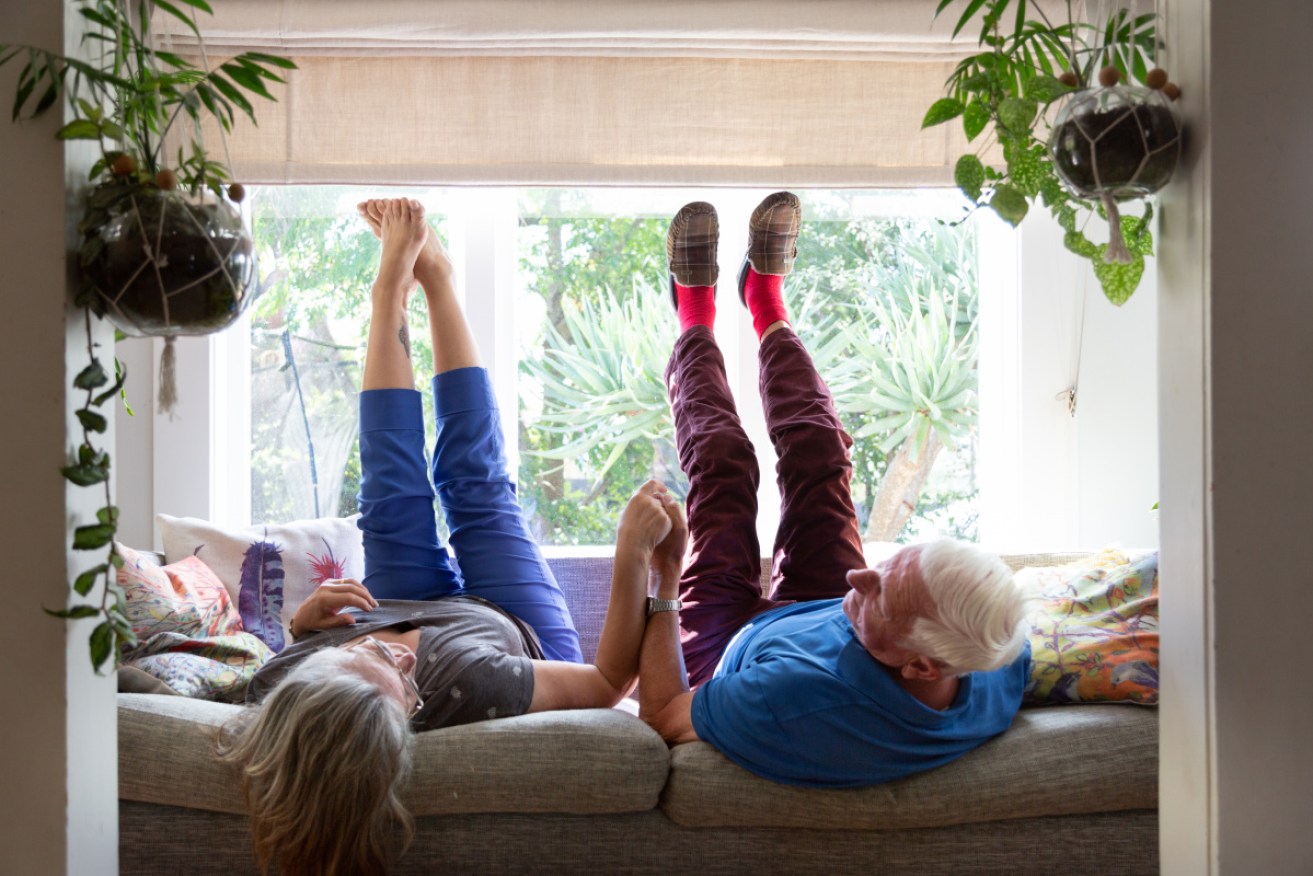Feeling dull as dishwater? Playfulness can be taught, happiness follows


Researchers found that playfulness, a personality trait, can be stimulated and trained, improving a person's mood. Photo: Getty
The coronavirus pandemic has been linked to an outbreak of boredom that researchers and commentators have called perilous.
Back in June, the journal Nature published a paper that argued boredom was a potential threat to COVID-19 containment measures.
In May, when the global death toll stood at 340,000 (less than half of what it is now), the Max Planck Institute for Human Development reported that boredom was outpacing anxiety and depression as a mental health issue.
This can seem silly. Indeed, some have called the boredom complaint a problem of privilege. If so, it’s an old complaint.
During the Spanish flu pandemic of 1918, a writer in Cleveland reported that life had become “just a big vacuum, a great monstrous wad of nothing”.
The problem with boredom – the subject of an entire branch of psychological inquiry – is it leads to mindlessness, which can lead to all manner of unpleasantness, be it anti-social behaviour (I’m a sovereign citizen!) to violence.
Bored with that? Here’s the solution
A remedy for boredom is playfulness, also the subject of much analysis and experimentation by psychologists.
See here, here and here for studies that found links between playfulness in adults and greater wellbeing.
You might think, well, some people are born that way. Playful. The question of whether or not playfulness was something that could be taught was an open question.
Timely new research finds that “simple exercises can help to make people more playful and consequently feel more satisfied with their lives”.
Psychologists from Martin Luther University Halle-Wittenberg (MLU) in Germany enrolled 533 participants in an experiment where they performed a week of exercises to boost their playfulness.
They found that the trait “can be stimulated and trained – and that this improves a person’s mood”.
Professor René Proyer, corresponding author of the study, in a prepared statement said playfulness is a personality trait that is expressed differently in people.
“Particularly playful people … manage to turn almost any everyday situation into an entertaining or personally engaging experience,” he said.
For example, they enjoy “word games and mental games, are curious, or just like playing around”.
Professor Proyer said previous studies have found that such people – who some may regard as “particularly silly or frivolous” – can put playfulness to positive use.
“They have an eye for detail, easily adopt new perspectives and can make a monotonous task interesting for them,” he said.
How to teach playfulness?
The participants were randomly divided into one of three experimental groups or a placebo group.
The people in the experimental groups completed one of three daily exercises for seven days.
The exercises, largely thinking tasks, were intended to boost their playfulness.
Before going to bed, they either had to write down three situations from that day in which they had behaved particularly playful.
Or they were to use their inclination to be playful in an unfamiliar situation, for example in their professional life, and write down that experience.
Or they were to reflect more broadly on the playful behaviour they had observed in themselves that day.
In contrast, the placebo group received a task that had no influence on the experiment.
All groups filled out a questionnaire before and immediately after weeks one, two, four and 12 after the intervention, with which the researchers measured various personality traits.
“Our assumption was that the exercises would lead people to consciously focus their attention on playfulness and use it more often. This could result in positive emotions, which in turn would affect the person’s wellbeing,” says Kay Brauer, PhD candidate and co-author of the new study.
Hey presto! It worked
The researchers report that the tasks “did lead to an increase in playfulness”.
The researchers also observed a temporary, moderate improvement in the participants’ wellbeing.
“Our study is the first intervention study on adults to show that playfulness can be induced and that this has positive effects for them,” Professor Proyer said.
The results of the study serve as a starting point for new research questions and practical applications.
“I believe that we can use this knowledge in everyday life to improve various aspects,” Professor Proyer said.
“This does not mean that every company needs table tennis tables or a playground slide. However, one idea would be to allow employees to consciously integrate playfulness into their everyday work and, as a supervisor, to set an example for this kind of behaviour.”
He said romantic partners could do similar exercises that might increase their satisfaction in their relationship.








